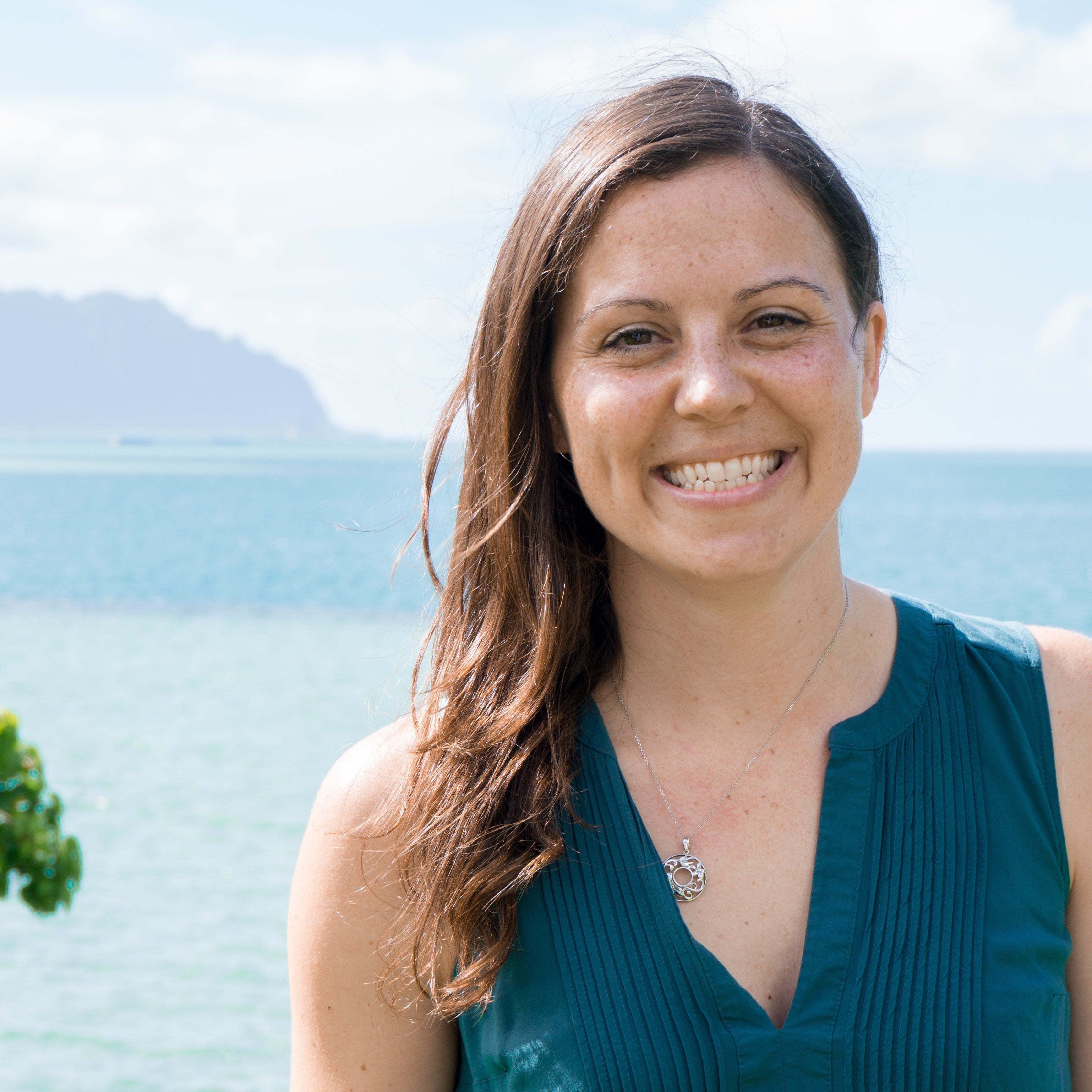- Department of Biological Sciences
- University of Rhode Island
- Phone: 401.874.9510
- Email: hputnam@uri.edu
- Office Location: 120 Flagg Rd
Kingston, Rhode Island 02881
As an integrative biologist in a time of global environmental impacts, major anthropogenic drivers and local environmental perturbations frame my work. I employ a hypothesis driven approach with robust lab and field components to provide a deeper mechanistic understanding of biological adaptations that promote physiological homeostasis and ecological persistence of organisms under a changing environment. Life for marine organisms in the Anthropocene involves exposure to multiple stressors at the local and global levels. For example, climate change induced ocean warming has led to back-to-back bleaching events on coral reefs in Hawaiʻi (2014 - 2015) and on the Great Barrier Reef (2016-2017), with mass mortality. Further, as anthropogenic impacts threaten food security, the significance of both coral reefs and marine invertebrate aquaculture to food resources is increasing. The majority of the research in the Putnam Lab seeks to understand the mechanisms and extent of rapid adaptation and acclimatization processes in marine invertebrates such as corals, clams, and oysters in natural, conservation, and aquaculture settings. We strive to understand how the abiotic environment and biotic interactions drive biological response, through the interaction of genetics, epigenetics, symbiosis, and ontogeny. My research occurs at the intersection of evolutionary and integrative biology and I apply a variety of tools and approaches to the goal of linking mechanistic response to ecological and evolutionary outcomes. As marine ecosystems are being pushed towards the brink of collapse by anthropogenic influences, conservation and intervention strategies such as assisted evolution, assisted gene flow, and synthetic biology are being considered and thus it is critical to understand the mechanisms underlying these approaches.

